World
Out in the World: LGBTQ news from Europe and Asia
Norway is the latest country to ban conversion therapy

EUROPEAN UNION
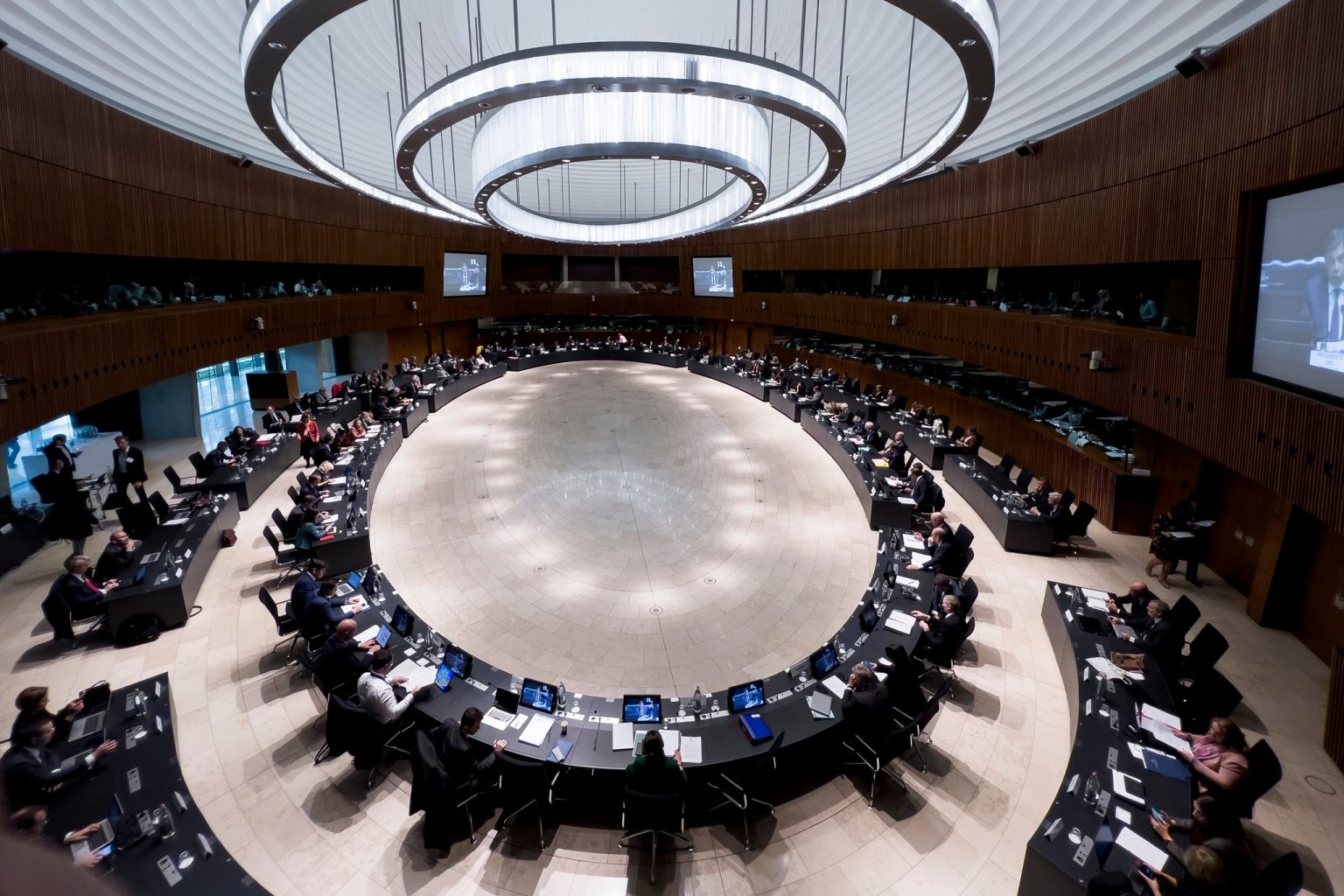
A new European Parenthood Certificate was approved by the European Union Parliament on Dec. 14, which included the recognition of same-sex parents. With 366 votes against 145 and 23 abstentions, MEPs backed draft legislation to ensure that, when parenthood is established by an EU country, the rest of the member states will recognize it.
The aim is to make sure that children enjoy the same rights under national law regarding education, healthcare, custody or succession.
When it comes to establishment of parenthood at national level, member states will be able to decide whether to, for example, accept surrogacy, but they will be required to recognize parenthood established by another EU country irrespective of how the child was conceived, born or the type of family it has.
Member states will have the option not to recognize parenthood if manifestly incompatible with their public policy, although this will only be possible in strictly defined cases. Each case will have to be considered individually to ensure there is no discrimination (i.e. against children of same sex parents.)
“No child should be discriminated against because of the family they belong to or the way they were born. Currently, children may lose their parents, legally speaking, when they enter another member state. This is unacceptable. With this vote, we come closer to the goal of ensuring that if you are a parent in one member state, you are a parent in all member states,” said lead MEP Maria-Manuel Leitão-Marques (Portugal) following the vote.
Two million children may currently face a situation in which their parents are not recognized as such in another member state. While EU law already requires parenthood to be recognized under a child’s EU rights, this is not the case for the child’s rights under national law.
Parliament called for cross-border recognition of adoptions in 2017 and welcomed the commission’s initiative in its 2022 resolution. The commission proposal for a regulation aims to close the existing loopholes and ensure that all children can enjoy the same rights in each member state.
NORWAY
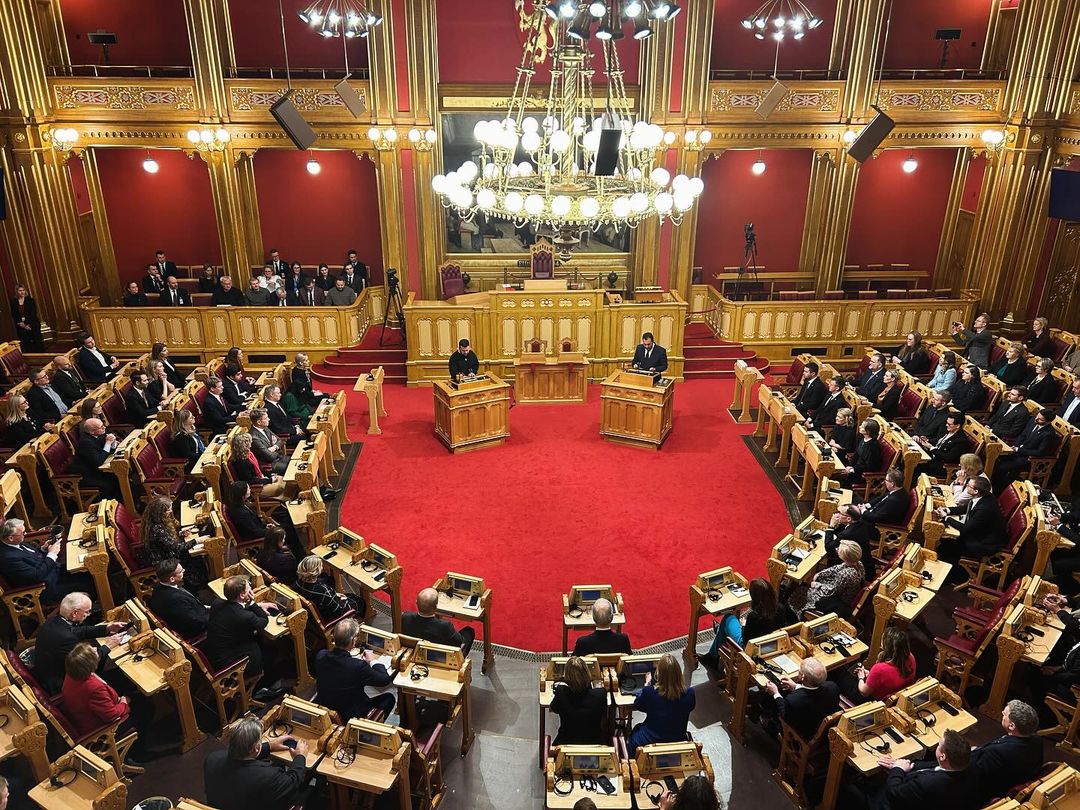
The Norwegian Parliament on Dec. 12 approved a law that would make the practice of conversion therapy illegal and a criminal offense. In the 85-15 vote, lawmakers codified the bill first introduced in June 2019 by Justice and Emergency Minister Emilie Enger Mehl and Culture and Equality Minister Anette Trettebergstuen.
The law will make it a criminal offense to try to get others to change their sexual orientation or gender identity through, among other things, medical, alternative medicine or religious methods.
The penalty will be three years’ imprisonment, or six years in more serious cases.
In a statement released by her office, Åse Kristin Ask Bakke, the elected representative to the Parliament from the constituency of Møre og Romsdal said: “We are finally putting an end to this harmful practice that has been going on for far too long. This is a historic day.”
Hilde Arntsen, the executive director of the Norwegian nonprofit FRI, the Association for Gender and Sexuality Diversity, an LGBTQ rights advocacy group, said in a statement: “Many queers have experienced painful and harmful attempts to change our identity through growing up and adulthood. Now, through a strong political majority, Norway has decided that attempts to change queer identity are unacceptable. Being queer is not a condition that requires therapy. We should be allowed to be in peace as who we are, and it is now illegal for anyone to try to change us.”
RUSSIA
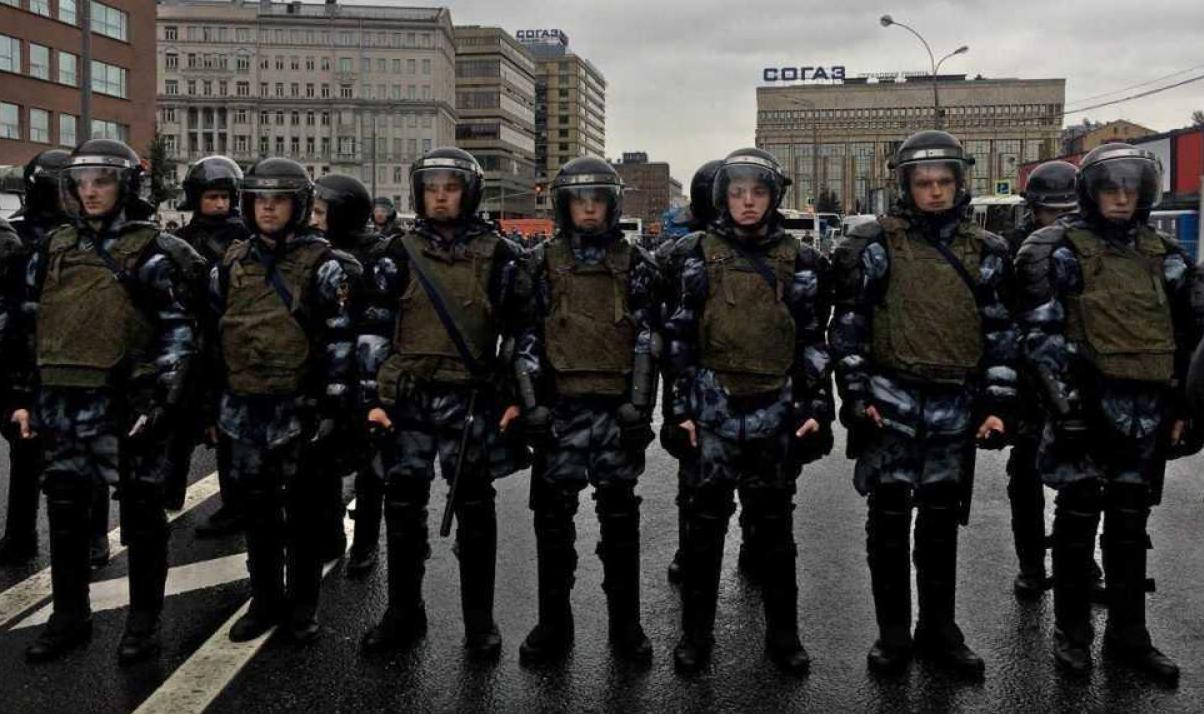
Less than a month after the Russian Supreme Court ruled that “the international LGBT social movement,” of which there is no legal entity, Russia’s elite special police force known as the OMON raided several gay clubs in the nation including the Ural regional capital city of Yekaterinburg as well as Moscow and St. Petersburg.
Russian media and Radio Free Europe/RL’s Russian Service reported that OMON raided the gay club Fame on the night of Dec. 10 in Yekaterinburg, detaining more than 100 people who were attending a theme party in the club. Authorities said the raid was prompted by reports from “concerned citizens” that the club was selling illicit alcohol and tobacco products.
Local media outlets report that of the people were detained at the club, all of them were released after their documents were checked.
POLAND
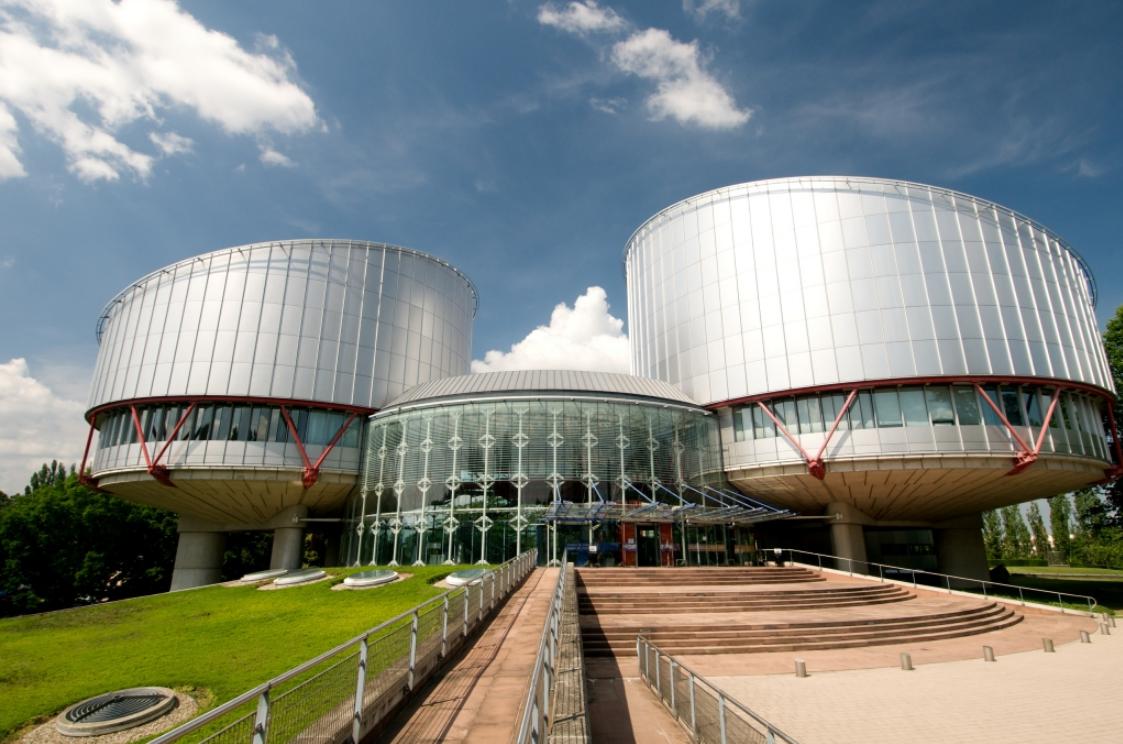
The European Court of Human Rights issued a ruling in a lawsuit brought by five Polish gay and lesbian couples that stated that the Polish government’s lack of legal recognition and protection for same-sex couples violated their human rights.
Polish national news outlet Dziennik Gazeta Prawna reported the ECHR rejected the Polish government’s arguments, which included that traditional marriage is part of Poland’s heritage, and found that “the Polish state had failed to comply with its duty to ensure a specific legal framework providing for the recognition and protection of same-sex unions.”
In its ruling ECHR, the court stressed the states signatory to the European Convention on Human Rights should “create a legal framework enabling people of the same sex enjoy the recognition and appropriate protection of their relationship through marriage or another form of union.”
In 2022, the Supreme Administrative Court ruled that same-sex marriages of Polish citizens legally married in other countries were not expressly forbidden under the country’s constitution.
Article 18 of the constitution states: “marriage as a union of a man and a woman, family, motherhood and parenthood are under the protection and care of the Republic of Poland.”
“Article 18 of the constitution cannot in itself constitute an obstacle to transcribing a foreign marriage certificate if the institution of marriage as a union of persons of the same sex was provided for in the domestic [legal] order,” the court ruled.
“The provision of the constitution in question does not prohibit the statutory regulation of same-sex unions,” said the court, adding that it was simply the case that “at present the Polish legislature has not decided to introduce such solutions” into Polish law.
According to Polish newspaper Gazeta Wyborcza, Poland is one of only six EU member states where same-sex couples cannot marry or register a civil partnership.
The majority of Polish people support LGBTQ rights surrounding marriage and family, according to research by Miłość Nie Wyklucza (Love Does Not Exclude.)
“It took a long time, definitely too long,” Grzegorz Lepianka, one of those who brought the case against Poland, told the Dziennik Gazeta Prawna. “But I finally have some hope for real and truly good changes.”
Judgment Przybyszewska v. Poland – Lack of any form of legal recognition and protection for same-sex couples in Poland breaches the Conventionhttps://t.co/VPRGyyFanL#ECHR #CEDH #ECHRpress pic.twitter.com/0XIOkBkTwO
— ECHR CEDH (@ECHR_CEDH) December 12, 2023
Before the judgment in the case of the five Polish couples, the ECHR had already ruled in similar cases against Italy, Russia, Romania and Bulgaria. The judgment in Italy had a real impact on the situation of same-sex couples, because civil partnerships were introduced shortly after it.
SWITZERLAND
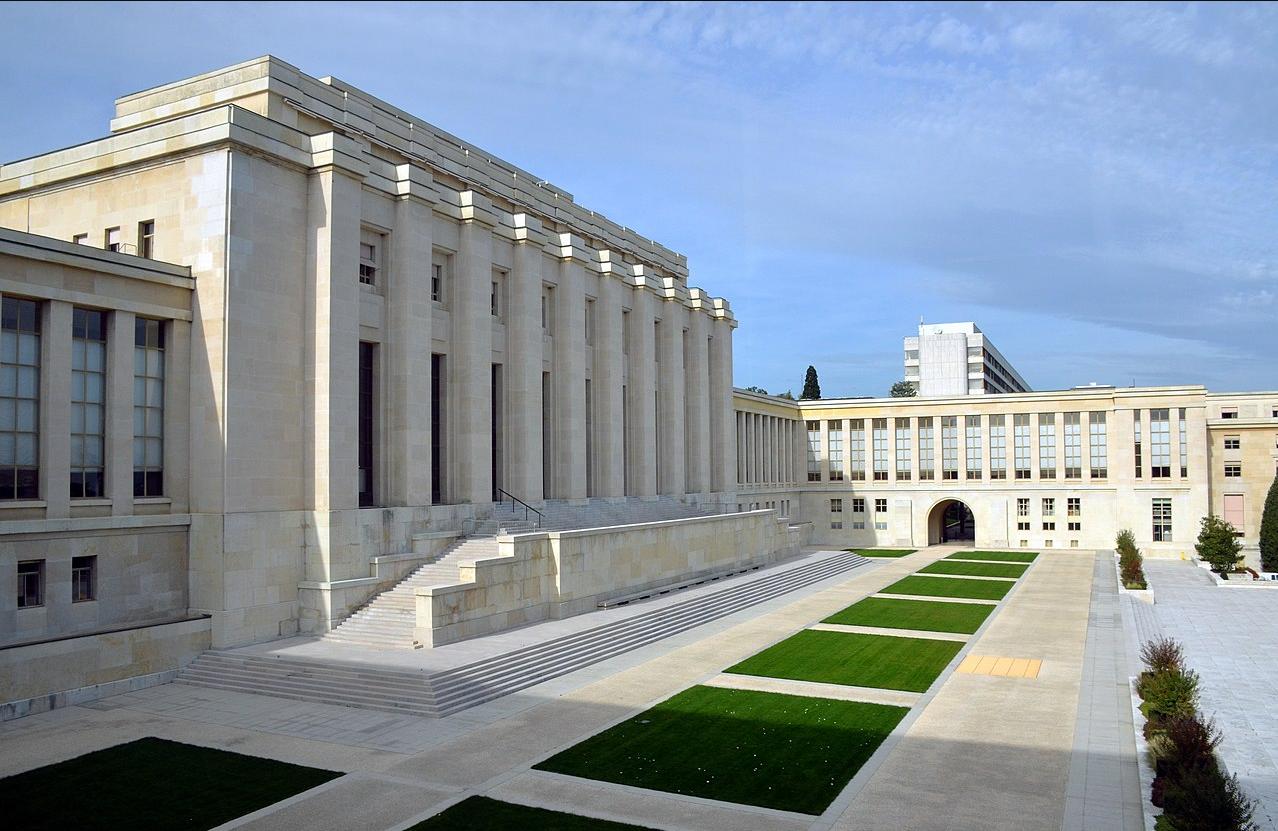
The first edition of the Intersex Legal Mapping Report published by ILGA World found that a large majority of U.N. member states have yet to make any sufficient legal attempt to protect intersex people’s right to bodily integrity and autonomy.
The report features an overview of how each of the 193 UN member states is faring regarding the protection of the human rights of intersex people.
The study is a ground-breaking global survey on legal protections for people born with variations in sex characteristics. Intersex people are born with variations of sex characteristics, such as genitals, reproductive organs, hormonal and chromosomal patterns, that are more diverse than stereotypical definitions of male or female bodies.
Up to 1.7 percent of the global population is born with such traits; yet, because their bodies are seen as different, intersex children and adults are often stigmatized and subject to harmful practices – including in medical settings – and discriminated against.
“As of July 2023, only six UN member states adopted laws prohibiting unnecessary medical treatments, surgeries, and other interventions modifying the sex characteristics of intersex minors without their free, prior, and fully informed consent,” said Crystal Hendricks, chair of ILGA World’s Intersex Committee. “This striking dearth of legal protection is still a reality despite the unanimous, systematic, and urgent calls of intersex civil society and international human rights bodies. And yet, current positive trends give us reasons for hope.”
ILGA World’s Intersex Legal Mapping Report documents how the past 15 years have seen a rapid increase in legal developments emerging to improve the situation of intersex individuals. As of July 2023, seven UN member states had introduced national legislation prohibiting discrimination on the grounds of sex characteristics; five states adopted legal provisions on liability for offenses committed on the same grounds and seven introduced other legal norms aiming to improve intersex people’s equal enjoyment of their human rights. In addition, there is a growing number of national and subnational legal developments aimed at addressing the needs of the intersex community.
JAPAN
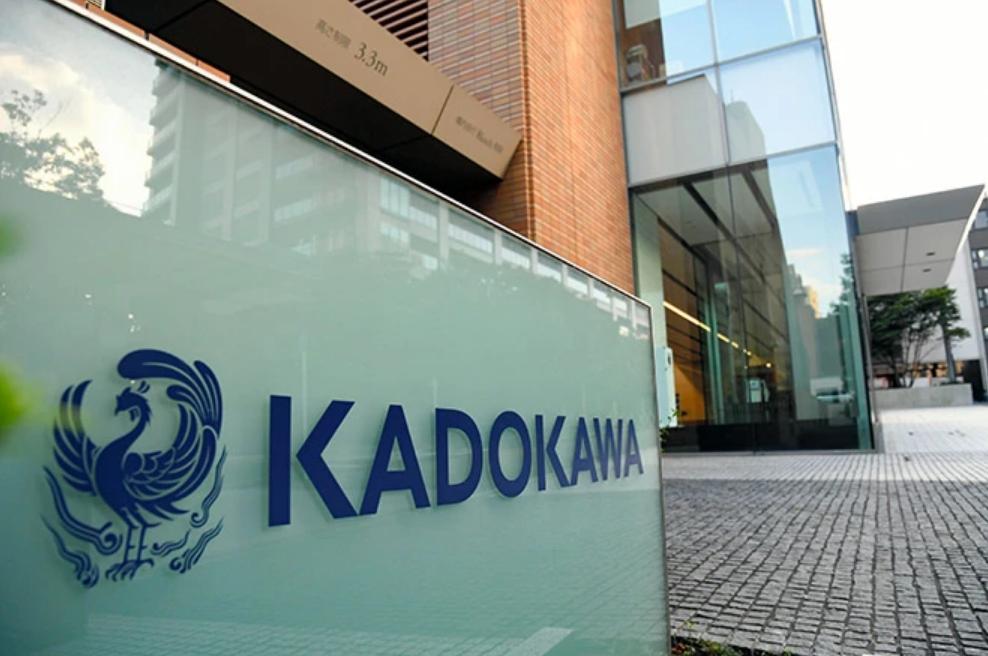
Earlier this month one of Japan’s largest publishing companies announced that it was cancelling publication of the Japanese version of Abigail Shrier’s anti-transgender book, Irreversible Damage: The Transgender Craze Seducing Our Daughters.
The Tokyo-based Kadokawa Corporation said in a statement that the translated book could ultimately end up causing harm to people “directly involved with the Japanese trans community.” The Japanese book’s title would translate as “that girl’s become transgender, too: The tragedy of the sex-change craze being contagious through social media.”
“We planned to publish the translation, hoping it would help readers in Japan deepen their discussions about gender through what is happening in Europe and the United States as well as other matters,” Kadokawa said.
“But the title and sales copy ended up causing harm to people directly involved” in transgender issues, the company said. “We sincerely apologize for it.”
PinkNewsUK reported that on X, formerly Twitter, there was a huge backlash against Kadokawa’s initial promotion of the book. Trans rights advocates planned a protest outside the publisher’s corporate headquarters in Tokyo, a move that has now been cancelled.
After the decision, one social media user wrote that while it was good that the book had been pulled, they worried that “future measures” to prevent similar incidents remain “unclear and unsatisfactory” so couldn’t be sure if Kadokawa’s apology to the trans community was genuine.
Shrier, an opinion writer for The Wall Street Journal, took to X to share her displeasure that the “very nice” publisher had caved in PinkNewsUK added.
“By caving to an activist-led campaign against Irreversible Damage, they embolden the forces of censorship,” she wrote. “America has much to learn from Japan, but we can teach them how to deal with censorious cry-bullies.”
Additional reporting from Bergens Tidende, Agence France-Presse, the BBC, Radio Free Europe, Dziennik Gazeta Prawna, ILGA, PinkNewsUK and the Japan Times.
Books
New book profiles LGBTQ Ukrainians, documents war experiences
Tuesday marks four years since Russia attacked Ukraine

Journalist J. Lester Feder’s new book profiles LGBTQ Ukrainians and their experiences during Russia’s war against their country.
Feder for “The Queer Face of War: Portraits and Stories from Ukraine” interviewed and photographed LGBTQ Ukrainians in Kyiv, the country’s capital, and in other cities. They include Olena Hloba, the co-founder of Tergo, a support group for parents and friends of LGBTQ Ukrainians, who fled her home in the Kyiv suburb of Bucha shortly after Russia launched its war on Feb. 24, 2022.
Russian soldiers killed civilians as they withdrew from Bucha. Videos and photographs that emerged from the Kyiv suburb showed dead bodies with their hands tied behind their back and other signs of torture.

Olena Shevchenko, chair of Insight, a Ukrainian LGBTQ rights group, wrote the book’s forward.

The book also profiles Viktor Pylypenko, a gay man who the Ukrainian military assigned to the 72nd Mechanized Black Cossack Brigade after the war began. Feder writes Pylypenko’s unit “was deployed to some of the fiercest and most important battles of the war.”
“The brigade was pivotal to beating Russian forces back from Kyiv in their initial attempt to take the capital, helping them liberate territory near Kharkiv and defending the front lines in Donbas,” wrote Feder.
Pylypenko spent two years fighting “on Ukraine’s most dangerous battlefields, serving primarily as a medic.”
“At times he felt he was living in a horror movie, watching tank shells tear his fellow soldiers apart before his eyes,” wrote Feder. “He held many men as they took their final breaths. Of the roughly one hundred who entered the unit with him, only six remained when he was discharged in 2024. He didn’t leave by choice: he went home to take care of his father, who had suffered a stroke.”
Feder notes one of Pylypenko’s former commanders attacked him online when he came out. Pylypenko said another commander defended him.
Feder also profiled Diana and Oleksii Polukhin, two residents of Kherson, a port city in southern Ukraine that is near the mouth of the Dnieper River.
Ukrainian forces regained control of Kherson in November 2022, nine months after Russia occupied it.
Diana, a cigarette vender, and Polukhin told Feder that Russian forces demanded they disclose the names of other LGBTQ Ukrainians in Kherson. Russian forces also tortured Diana and Polukhin while in their custody.
Polukhim is the first LGBTQ victim of Russian persecution to report their case to Ukrainian prosecutors.

Feder, who is of Ukrainian descent, first visited Ukraine in 2013 when he wrote for BuzzFeed.
He was Outright International’s Senior Fellow for Emergency Research from 2021-2023. Feder last traveled to Ukraine in December 2024.
Feder spoke about his book at Politics and Prose at the Wharf in Southwest D.C. on Feb. 6. The Washington Blade spoke with Feder on Feb. 20.
Feder told the Blade he began to work on the book when he was at Outright International and working with humanitarian groups on how to better serve LGBTQ Ukrainians. Feder said military service requirements, a lack of access to hormone therapy and documents that accurately reflect a person’s gender identity and LGBTQ-friendly shelters are among the myriad challenges that LGBTQ Ukrainians have faced since the war began.
“All of these were components of a queer experience of war that was not well documented, and we had never seen in one place, especially with photos,” he told the Blade. “I felt really called to do that, not only because of what was happening in Ukraine, but also as a way to bring to the surface issues that we’d had seen in Iraq and Syria and Afghanistan.”

Feder also spoke with the Blade about the war’s geopolitical implications.
Russian President Vladimir Putin in 2013 signed a law that bans the “promotion of homosexuality” to minors.
The 2014 Winter Olympics took place in Sochi, a Russian resort city on the Black Sea. Russia annexed Crimea from Ukraine a few weeks after the games ended.
Russia’s anti-LGBTQ crackdown has continued over the last decade.
The Russian Supreme Court in 2023 ruled the “international LGBT movement” is an extremist organization and banned it. The Russian Justice Ministry last month designated ILGA World, a global LGBTQ and intersex rights group, as an “undesirable” organization.
Ukraine, meanwhile, has sought to align itself with Europe.
Ukrainian President Volodymyr Zelenskyy after a 2021 meeting with then-President Joe Biden at the White House said his country would continue to fight discrimination based on sexual orientation and gender identity. (Zelenskyy’s relationship with the U.S. has grown more tense since the Trump-Vance administration took office.) Zelenskyy in 2022 publicly backed civil partnerships for same-sex couples.
Then-Ukrainian Ambassador to the U.S. Oksana Markarova in 2023 applauded Kyiv Pride and other LGBTQ and intersex rights groups in her country when she spoke at a photo exhibit at Ukraine House in D.C. that highlighted LGBTQ and intersex soldiers. Then-Kyiv Pride Executive Director Lenny Emson, who Feder profiles in his book, was among those who attended the event.
“Thank you for everything you do in Kyiv, and thank you for everything that you do in order to fight the discrimination that still is somewhere in Ukraine,” said Markarova. “Not everything is perfect yet, but you know, I think we are moving in the right direction. And we together will not only fight the external enemy, but also will see equality.”
Feder in response to the Blade’s question about why he decided to write his book said he “didn’t feel” the “significance of Russia’s war against Ukraine” for LGBTQ people around the world “was fully understood.”
“This was an opportunity to tell that big story,” he said.
“The crackdown on LGBT rights inside Russia was essentially a laboratory for a strategy of attacking democratic values by attacking queer rights and it was one as Ukraine was getting closet to Europe back in 2013, 2014,” he added. “It was a strategy they were using as part of their foreign policy, and it was one they were using not only in Ukraine over the past decade, but around the world.”
Feder said Republicans are using “that same strategy to attack queer people, to attack democracy itself.”
“I felt like it was important that Americans understand that history,” he said.
Netherlands
Rob Jetten becomes first gay Dutch prime minister
38-year-old head of government sworn in on Monday

Rob Jetten on Monday became the Netherland’s first openly gay prime minister.
Jetten’s centrist D66 party won the country’s elections last October, narrowly defeating Geert Wilders’ far-right Party for Freedom.
King Willem-Alexander on Monday swore in Jetten, who is also the country’s youngest-ever prime minister. The Associated Press notes Jetten’s coalition government includes the center-right Christian Democrats and the center-right People’s Party for Freedom and Democracy.
“Proud to be able to do this together,” said Jetten in an X post before Willem-Alexander swore him in.
COC Nederland, a Dutch LGBTQ advocacy group, in a statement said Jetten “becoming prime minister shows that your sexual orientation doesn’t have to matter.”
“You can become a construction worker, a doctor, a lawyer, and even prime minister,” said COC Nederland.
The advocacy group noted Jetten has said his government will implement its “Rainbow Agreement” that include calls for strengthening nondiscrimination laws “to better protect transgender and intersex people,” appointing more “discrimination investigators … to address violence against LGBTQ+ people and other minorities,” and introducing measures “to promote acceptance in schools.”
“COC will hold the Cabinet to that promise,” said COC Nederland.
Jetten’s fiancé is Nicolás Keenen, an Argentine field hockey player who competed in the 2024 Summer Olympics in Paris.
Jetten is one of two openly gay heads of government: Andorran Prime Minister Xavier Espot Zamora came out in 2023. Gay Latvian President Edgars Rinkēvičs, who is the country’s head of state, took office in 2023.
Leo Varadkar, who was Ireland’s prime minister from 2017-2020 and from 2022-2024, and Xavier Bettel, who was Luxembourg’s prime minister from 2013-2023, are gay. Ana Brnabić, who was Serbia’s prime minister from 2017-2024, is a lesbian.
Former Icelandic Prime Minister Jóhanna Sigurðardóttir in 2009 became the world’s first openly lesbian head of government. Former Belgian Prime Minister Elio Di Rupo, former San Marino Captain Regent Paolo Rondelli, and former French Prime Minister Gabriel Attal are also openly gay.
Colombian presidential candidate Claudia López, who is the former mayor of Bogotá, the Colombian capital, would become her country’s first female and first lesbian president if she wins the country’s presidential election that is taking place later this year.
Ecuador
Justicia reconoce delito de odio en caso de bullying en Instituto Nacional Mejía de Ecuador
Johana B se suicidó el 11 de abril de 2023

A casi tres años del suicidio de Johana B., quien estudió en el Instituto Nacional Mejía, colegio emblemático de Quito, el Tribunal de la Corte Nacional de Justicia ratificó la condena para el alumno responsable del acoso escolar que la llevó a quitarse la vida.
Según información de la Fiscalía, el fallo de última instancia deja en firme la condena de cuatro años de internamiento en un centro para adolescentes infractores, en una audiencia de casación pedida por la defensa del agresor, tres meses antes de que prescriba el caso.
Con la sentencia, este caso es uno de los primeros en el país en reconocer actos de odio por violencia de género, delito tipificado en el artículo 177 del Código Orgánico Penal Integral (COIP).
El suicidio de Johana B. ocurrió el 11 abril de 2023 y fue consecuencia del acoso escolar por estereotipos de género que enfrentó la estudiante por parte de su agresor, quien constantemente la insultaba y agredía por su forma de vestir, llevar el cabello corto o practicar actividades que hace años se consideraban exclusivamente para hombres, como ser mando de la Banda de Paz en el Instituto Nacional Mejía.
Desde la muerte de Johana, su familia buscaba justicia. Su padre, José, en una entrevista concedida a edición cientonce para la investigación periodística Los suicidios que quedan en el clóset a causa de la omisión estatal afirmó que su hija era acosada por su compañero y otres estudiantes con apodos como “marimacha”, lo que también fue corroborado en los testimonios recogidos por la Unidad de Justicia Juvenil No. 4 de la Fiscalía.
Los resultados de la autopsia psicológica y del examen antropológico realizados tras la muerte de Johana confirmaron las versiones de sus compañeras y docentes: que su agresor la acosó de manera sistemática durante dos años. Los empujones, jalones de cabello o burlas, incluso por su situación económica, eran constantes en el aula de clase.
La violencia que recibió Johana escaló cuando su compañero le dio un codazo en la espalda ocasionándole una lesión que le imposibilitó caminar y asistir a clases.
Días después del hecho, la adolescente se quitó la vida en su casa, tras escuchar que la madre del agresor se negó a pagar la mitad del valor de una tomografía para determinar la lesión en su espalda, tal como lo había acordado previamente con sus padres y frente al personal del DECE (Departamento de Consejería Estudiantil del colegio), según versiones de su familia y la Fiscalía.
#AFONDO | Johana se suicidó el 11 de abril de 2023, tras ser víctima de acoso escolar por no cumplir con estereotipos femeninos 😢.
Dos semanas antes, uno de sus compañeros le dio un codazo en la espalda, ocasionándole una lesión que le imposibilitó caminar 🧵 pic.twitter.com/bXKUs9YYOm
— EdicionCientonce (@EdCientonce) September 3, 2025
“Era una chica linda, fuerte, alegre. Siempre nos llevamos muy bien, hemos compartido todo. Nos dejó muchos recuerdos y todos nos sentimos tristes; siempre estamos pensando en ella. Es un vacío tan grande aquí, en este lugar”, expresó José a Edición Cientonce el año pasado.
Para la fiscal del caso y de la Unidad de Justicia Juvenil de la Fiscalía, Martha Reino, el suicidio de la adolescente fue un agravante que se contempló durante la audiencia de juzgamiento de marzo de 2024, según explicó a este medio el año pasado. Desde entonces, la familia del agresor presentó un recurso de casación en la Corte Nacional de Justicia, que provocó la dilatación del proceso.
En el fallo de última instancia, el Tribunal también dispuso que el agresor pague $3.000 a la familia de Johana B. como reparación integral. Además, el adolescente deberá recibir medidas socioeducativas, de acuerdo al artículo 385 del Código Orgánico de la Niñez y Adolescencia, señala la Fiscalía.
El caso de Johana también destapó las omisiones y negligencias del personal del DECE y docentes del Instituto Nacional Mejía. En la etapa de instrucción fiscal se comprobó que no se aplicaron los protocolos respectivos para proteger a la víctima.
De hecho, la Fiscalía conoció el caso a raíz de la denuncia que presentó su padre, José, y no por el DECE, aseguró la fiscal el año pasado a Edición Cientonce.
Pese a estas omisiones presentadas en el proceso, el fallo de última instancia sólo ratificó la condena para el estudiante.
-

 District of Columbia4 days ago
District of Columbia4 days agoJudge rescinds order against activist in Capital Pride lawsuit
-

 District of Columbia4 days ago
District of Columbia4 days agoTrans activists arrested outside HHS headquarters in D.C.
-

 Opinions4 days ago
Opinions4 days agoHow do we honor Renee Good, Alex Pretti?
-

 Sports5 days ago
Sports5 days agoUS wins Olympic gold medal in women’s hockey


















